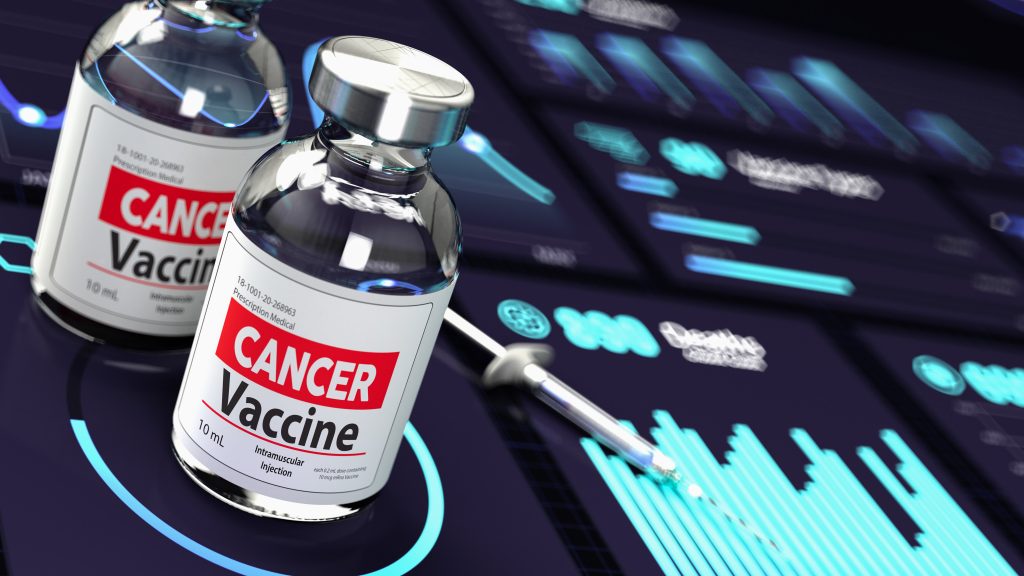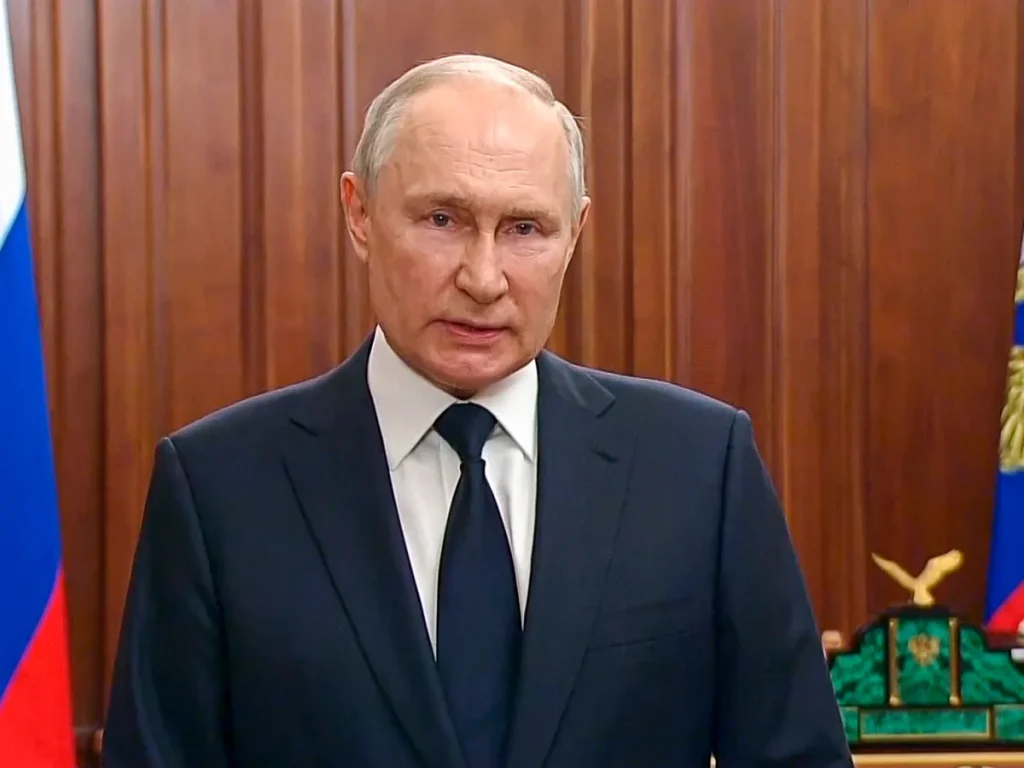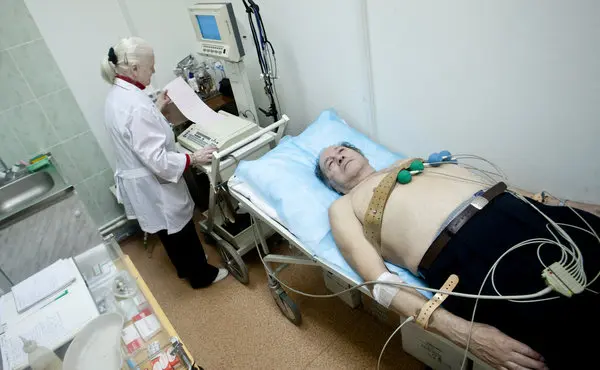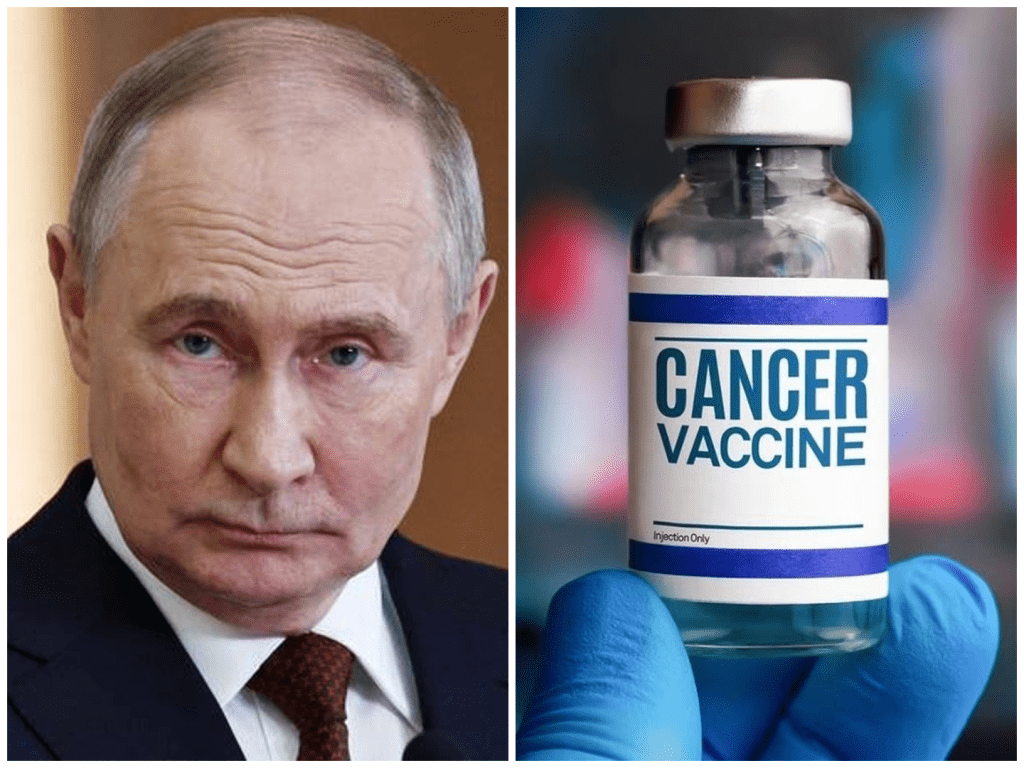How Russia’s Personalized mRNA Cancer Vaccine Could Change Everything — And It’s Free for Patients
I woke this morning reading something that felt like science fiction, yet was plastered across serious news agencies. Russia, yes, Russia, has quietly unveiled a personalized mRNA cancer vaccine—and they plan to give it to melanoma patients for free. It sounded too incredible to be true, but the reports held up under a little digging.
Here’s what I found: at the Gamaleya Center—the same place behind the Sputnik V vaccine—scientists have engineered a cancer vaccine that’s tailor-made for each patient’s tumor, built from messenger RNA that encodes specific neoantigens unique to their cancer. AI tools analyze a patient’s tumor within days, design a vaccine blueprint, and—remarkably—manufacture it in roughly a week. It’s absurdly fast compared to most personalized therapies.

What’s even more moving is that Russia intends to cover the cost—300,000 rubles a dose, or about US $2,870—for its own citizens, completely free. I can imagine families who’ve spent everything on cancer care suddenly hearing that a cutting-edge medicine won’t cost them a dime. I shudder thinking what that could mean—a real lifeline.
Trials are slated to begin soon, around September or October 2025, focusing first on melanoma patients at top Moscow hospitals like the Hertsen Research Institute and the Blokhin Cancer Centre. That matches whispers I’d read on forums and even on X—a snippet that confirmed “the vaccine is entering human trials in late 2025, it’s personalized, AI-driven, 100 % free for Russian citizens.”

Still, after the initial excitement, there’s a sober reality check. All of this is based on preclinical data—animal studies showing suppressed tumor growth and fewer metastases—or whisper-thin early-stage details. Human trials haven’t yielded results yet, and nothing is peer-reviewed or published. That means no promises about how well it works, how long it stays effective, or what side effects may emerge. It’s possible the immune response could be weaker than hoped, tumors might mutate to escape detection, or that reactions could be serious. With cancer, faint hope can easily turn into heartbreak.

I can’t help but feel torn. On one hand, the story feels magical—a hyper-modern, AI-powered therapy, personalized, quickly produced, and free. It feels like the kind of breakthrough humanity dreams of. On the other hand, I know the history of cancer vaccines is littered with dashed hopes and partial successes. It’s too early to know if this is a turning point—or just another chapter in a long saga.
I’ll be watching closely this autumn, hoping that those trials bring real answers, real help. And I hope that whatever unfolds, this isn’t a one-off blessing, but a sign that personalized mRNA cancer vaccines could belong to us all someday.


